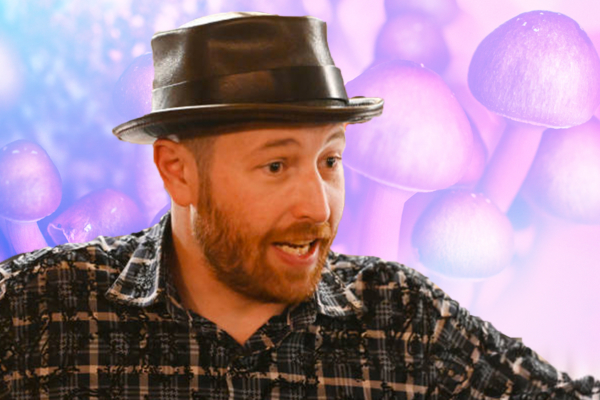
Hawaii’s Senate unanimously voted to establish a working group within its state health department to develop a long-term strategic plan to ensure the safety, accessibility, and affordability of psilocybin, psilocin, and products that contain those psychedelic compounds for medical purposes. The resolution doesn’t legalize the hallucinogen, but will take a closer look at current laws governing psilocybin at the local, state, and federal level.
A similar bill was introduced in January by Sen. Stanley Chang, along with Sens. Laura Acasio, Les Ihara Jr., and Maile Shimabukuro, with a goal of establishing state-run psilocybin treatment centers. That bill stalled in committee, which came as no surprise to Chang.
“A big part of the legislative process is not just actually passing a bill, but taking part in a community discussion about what the issues are, what the priorities should be,” Chang said in February. “And, you know, that’s an ongoing conversation that we need to have.”
One of Chang’s priorities is mental health, and psilocybin and other psychedelics are showing promise in treating conditions like anxiety, depression, and post-traumatic stress disorder (PTSD) faster and even more effectively than antidepressants currently on the market.
The bill was supported by Honolulu psychiatrist Dr. Tom Cook, and Ashley Lukens, founder of the Hawaiian psilocybin advocacy group The Clarity Project. A brain cancer patient, Lukens shared with lawmakers how she found healing in psilocybin. “I come to you today as someone living with brain cancer who’s had the opportunity to access the transformative healing power of psilocybin in my own life,” she lawmakers at the time.
Hawaii may not be joining Oregon in legalizing psilocybin just yet. But establishing the workgroup is a step in the right direction.
“At the policymaking level, we’re finally catching up to a process that’s been going on for years in the medical community,” Chang said. “And we’re finally starting to understand that the research shows that there are significant benefits to this type of treatment and that, at the very least, we should be conducting a lot more of this research.”





